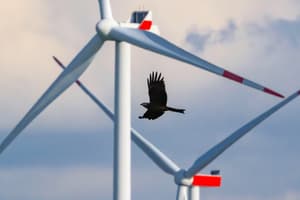A woman inspects solar panels in the rural village of Tinginaput, India. Abbie Trayler-Smith (DFID)/Flickr
India has launched a new $2.5 billion initiative to provide power to the 40 million households in the country that still don’t have electricity. The project aims to electrify the homes — which represent about a quarter of India’s households — by the end of 2018, Reuters reported.
The program will be funded mostly by the Indian federal government and administered by the state-run Rural Electrification Corp Ltd. Prime Minister Narendra Modi said in a speech on Monday that for low-income families, there will be no fee to get an electricity connection installed. The government will not subsidize electricity consumption, however.
One of the biggest challenges in the electrification of India is that about 300 million people are still not connected to the grid, and grid expansion into the country’s remote communities can be logistically and financially difficult. As a result, the new project will instead focus on installing distributed generation systems in rural areas, such as solar panels and battery banks.
When Modi was elected in 2014, providing “power for all” was one of his key campaign pledges. He is up for reelection in 2019, just after the deadline of the new program.
“Power for all is a very ambitious plan and the prime minister knows the political gains it can bring if he can pull it off,” Sandeep Shastri, a political analyst and a vice chancellor at Jain University in Bengaluru, told Bloomberg News. “So, when he announces schemes to connect all households, beyond a shadow of doubt he has the 2019 elections in mind.”



